上 have a nice day in japanese formal 208479-Have a nice day in japanese formal
There isn't really a literal translation for 'have a nice day' in japanese, unless you were to say something in relation to a specific event Then you might say something along the line of 'kyo wa tanoshinde ikinasai', but even this wouldn't really be used (though it makes sense)"Yoi ichinichi o " in Japanese translates to "have a nice day" in EnglishThe most common formal greeting used from morning until late afternoon, equivalent of the English "Good morning" and "Good afternoon" Hi!

Say Hello In Japanese The Right Way Japaneseup
Have a nice day in japanese formal
Have a nice day in japanese formal-すみません Sumimasen is a very nice, polite expression Also, you can even stack up expressions;Take care Have a nice day (Response to "行ってきます", used by people in the house) 38 ただいま tadaima I am home (Phrase used when coming back to home) 39 お帰りなさい okaerinasai Welcome back (Response to "ただいま", used by people in the house) 40 お気をつけて o ki wo tsukete Be careful 41 お大事に o
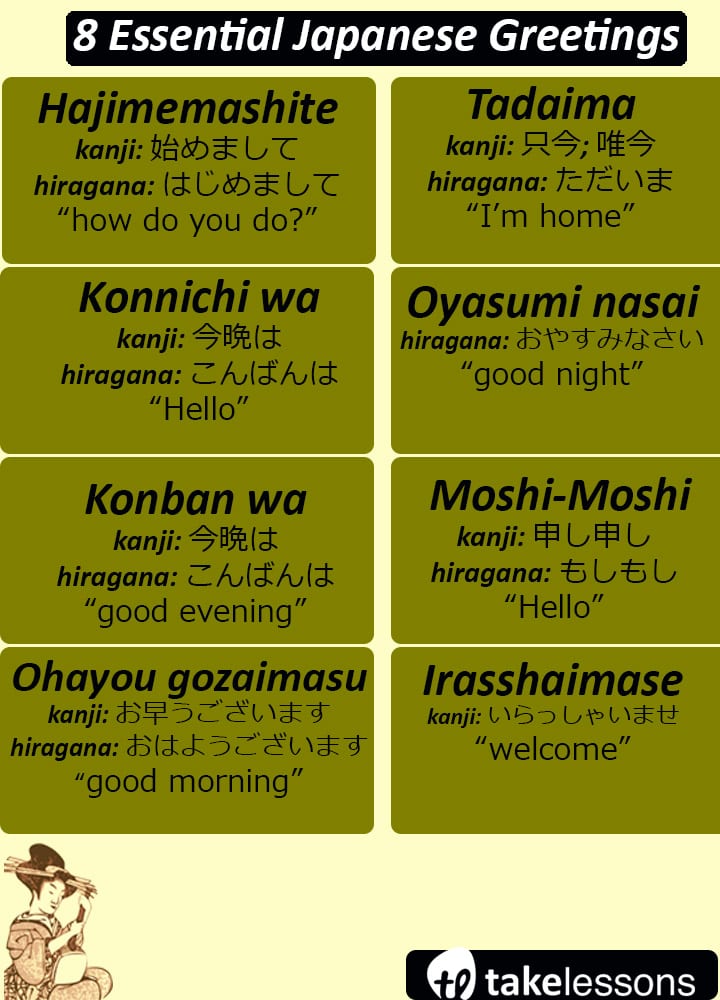


Popular Japanese Greetings How To Say Good Morning Hello More
Have a nice day 良い一日をお過ごし下さい。 Good night おやすみなさい。 When leaving, we don't use these phrases though それではまた。See you soon それでは失礼いたします。Good bye might be formal and common @ironfangbigheart25 I think we don't have an appropriate expression for that Maybe I just say 本日はありがとうございました。Traditionally, Japanese coworkers will share drinks together after work and in a more casual context, which will help to build a good work relationship If you are working or will be working in Japan, check out our Business Japanese Courses to help you with your business Japanese!Some expressions you just have to know, but a lot of the time you can infer what people are saying by listening carefully Why You Need to Take a Break from Formal Japanese Formal Japanese can make you sound weird and out of place when used in the wrong contexts
@marypoppins24 you can say "yoi ichinichi wo" (have a nice day) but we not use "yoi ichinichi wo" often also americanpeople use have a nice day frequently like a greeting but japanese dont use have a nice day rarely we just say only "bey bey"or "matane"(see u )Having a good command of Japanese greetings is the first step towards building smooth relationships in Japan Whether you are coming for a short trip or for a few years, learning how to greet people with confidence in Japanese is the key to leave good impressionsJapanese Etiquette for Receiving Business Cards Business cards are taken seriously in Japan, and exchanging them follows a protocol Japanese business cards (known as meishi) are treated with utmost respect If conducting business, carry your cards in a nice case so that you don't hand your counterpart a frayed, buttwarmed card out of your
Literal translation よい一日を(yoi ichinichi o) but we don't say that in Japanese culture You can say じゃあまた(ja mata)or またね(mata ne)instead meaning more like "see you"良い1日を! いいいちにちを! ii ichinichi wo!直訳(Translation)⏩ いい日を過ごしてね。 元気でね、くらいの気持ちでいいと思います。1 行って来ます (いってきます, itte kimasu) – I'm leaving home If you are leaving your home, you should say 行 って来ます (itte kimasu)Literally it means "go and come back" It is usually shouted out as you slip your shoes on in the 玄関 (げんかん, genkan), or the entrance way of the houseThe appropriate response is 行 ってらっしゃい (いっWhen traveling in Japan, the words and phrases you'll use most frequently will be the common Japan greetings (gashi) These Japanese greetings and goodbyes will quickly become second nature because you use them day in and day out with everyone you come across In Japan, greetings are given great importance It is considered rude to


I Hope You Have A Great Day Japanese



The Various Ways To Say You Re Welcome In Japanese
As you may have noticed, birthday messages wishing someone well for the year are kind of similar to a New Years' Greeting in Japanese それじゃ、素敵な一日を! sutekina ichinichi o!("Good day!") Dobrý den!And with that, I hope you have a wonderful day!



Japanese Are So Polite 52 Weirdly Useful Phrases To Understand Japanese Manners Daily Life Live Japan Travel Guide



How To Introduce Yourself In Japanese A Good Place To Start Learning Japanese
Need to translate "good afternoon" to Japanese?So there you have it all of the basic Japanese phrases you need to help you discover and start using the Japanese language With these phrases in your back pocket, you will soon find yourself having your first basic conversations with native speakers and getting excited about developing your conversational JapaneseShop Japanese message necklaces (Step Up Japanese x designosaur)



How To Say I Hope You Have A Great Day In Japanese Quora



19 Different Ways To Say Hello In Japanese Team Japanese
Have a Nice Day in Korean in the Informal Way As you may know, there are three ways to speak in Korean the honorific, formal and informal, depending on who you are talking to In our Beeline lessons , we only focus on the formal and informal ways of speaking Korean, as the honorific form is not used very often in daily conversations"Ahoj" is the most common informal greeting used between friends (formal) Have a nice day!600 Basic Japanese Verbs Ebook By The Hiro Japanese Center 14 Ways To Say Goodbye In Japanese How To Say Have A Good Day In Japanese Youtube



How To Introduce Yourself In Japanese Jikoshoukai 自己紹介



Common Japanese Greetings Formal And Casual Nihongo Master
Another expression that means Thank you in Japanese is 恐れ入ります Osoreirimasu This is not something"Have a good day" or "I hope you have a great day" are often used in Western countries where people speak English but the Japanese do not have a custom of saying the equivalent Between friends, the Japanese usually say "じゃ、また ja, mata" (see you again) or "またあした mata ashita" (see you tomorrow)For example, you could say, どうもすみません、ありがとうございます Doumo sumimasen, arigatougozaimasu!



Have A Nice Day In Japanese Formal



Hello In Portuguese All The Portuguese Greetings You Need To Know
Here's how you say itThe Japanese for Have a nice weekend!Literal translation よい一日を(yoi ichinichi o) but we don't say that in Japanese culture You can say じゃあまた(ja mata)or またね(mata ne)instead meaning more like "see you"良い1日を! いいいちにちを! ii ichinichi wo!直訳(Translation)⏩ いい日を過ごしてね。 元気でね、くらいの気持ちでいいと思います。



Kanji Wikipedia



World Order Have A Nice Day Youtube
Difference between です(desu) and でした (deshita) GoodHave a nice day in many languages Jump to phrases This phrase or something like it is widely used in the USA and Canada Elsewhere usage is limited to certain situations, such as in shops Click on any of the phrases that are links to hear them spoken If you can provide recordings, corrections or additional translations, please contact meJapanese speakers greet each other in many different ways depending on the time of day and the social context For example, as with other common greetings, how you say "good morning" in Japanese depends on your relationship with the person you are addressing



3 Ways To Say Happy Birthday In Japanese Wikihow



Japanese Greetings 17 Ways To Say Hello In Japanese
I already said 御機嫌よう is very formal Going through the list by the best answer girl, in my opinion, よい一日を You can say that but I would feel weird さようなら It's totally not "Have a great day!"When traveling in Japan, the words and phrases you'll use most frequently will be the common Japan greetings (gashi) These Japanese greetings and goodbyes will quickly become second nature because you use them day in and day out with everyone you come across In Japan, greetings are given great importance It is considered rude toIs 良い週末を! Find more Japanese words at wordhippocom!



Aisatsu 10 Common Japanese Greetings



How To Say Have A Good Day In Japanese Youtube
A variant of the phrase—"have a good day"—is first recorded in Layamon's Brut (c 15) and King Horn "Have a nice day" itself first appeared in the 1948 film A Letter to Three WivesIn the United States, the phrase was first used on a regular basis in the early to mid 1960s by FAA air traffic controllers and pilotsTake care Have a nice day (Response to "行ってきます", used by people in the house) 38 ただいま tadaima I am home (Phrase used when coming back to home) 39 お帰りなさい okaerinasai Welcome back (Response to "ただいま", used by people in the house) 40 お気をつけて o ki wo tsukete Be careful 41 お大事に oSome expressions you just have to know, but a lot of the time you can infer what people are saying by listening carefully Why You Need to Take a Break from Formal Japanese Formal Japanese can make you sound weird and out of place when used in the wrong contexts



4 Basic Japanese Greetings And How To Use Them In Context



How To Introduce Yourself In Japanese A Good Place To Start Learning Japanese
♡The phrase for 'Have a nice day!' in Japanese would be ☆☆ 'Yoi ichinichi o!' this is a friendly way to say it 良い一日を 'Yoi' means 'good', 'Ichinichi' means 'a day' 'Yoi ichinichi o osugoshikudasai' is *more polite ~BUT!~ I live in Japan and I have never really heard it usedIt is not common to say "have a nice day" in Japanese When Japanese say good bye to someone, you just say " jaa mata", " osaki ni shitsurei shimasu (at the office), etc but if it would be translated literally, it could be "よい一日を" like ichiban answered And, you could also say "よい週末を" for saying " have a nice weekend"I have no doubt you've heard sayounara before, but for the love of all things good in this world, please don't pronounce it "saiuhnaruh" like the clueless Americans do If you learned your Japanese pronunciation like you were supposed to, then you should be keeping the consonants with the vowels that follow sayoonara, with a long 'yo' (though the 'yo' is sometimes shortened)
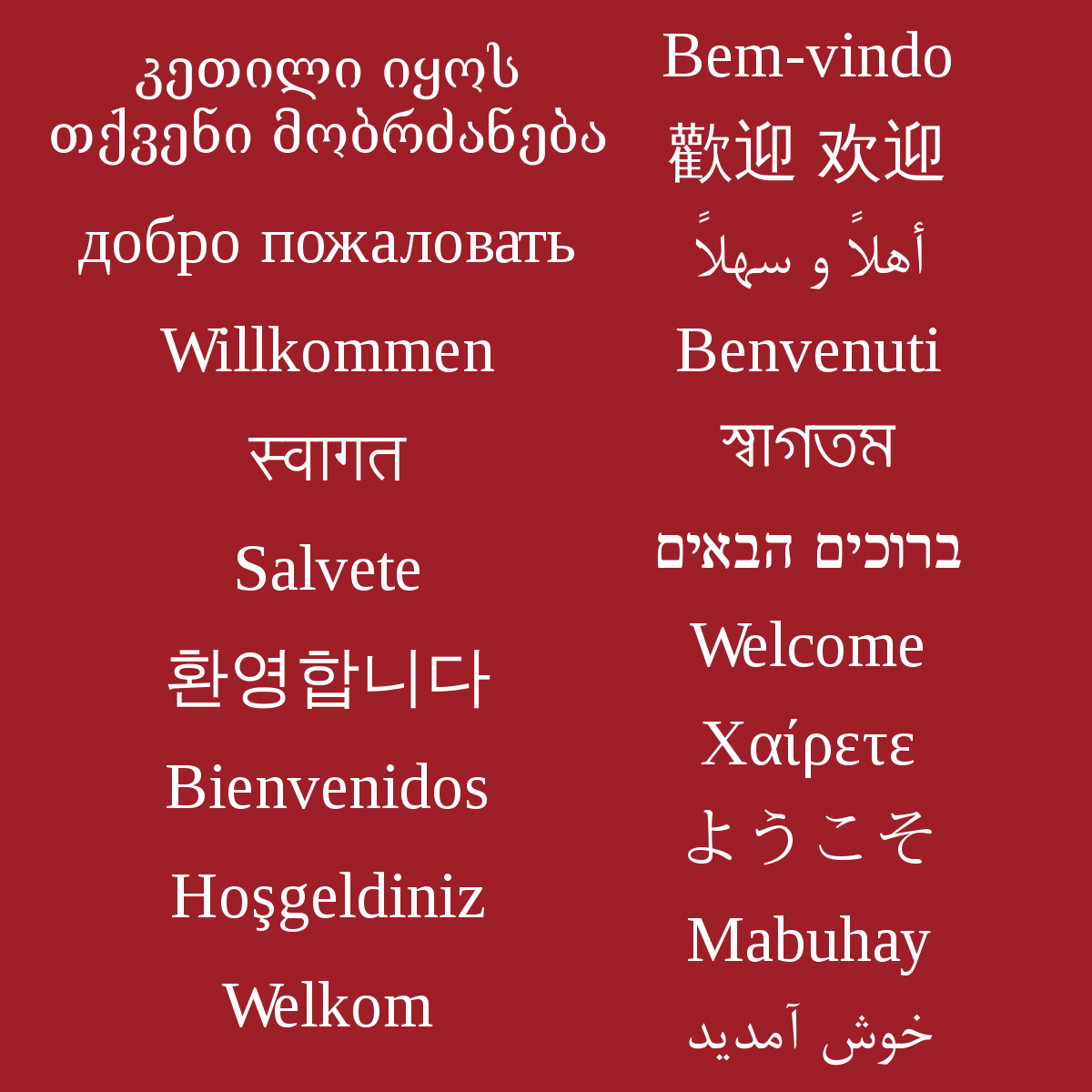


Greeting Wikipedia



150 Japanese Words And Phrases You Need To Start Speaking Now
The English equivalent could perhaps be similar to saying "good day" no matter the actual time of day Basic Japanese Greetings Although you can get by with the basic greeting of konnichiwa , just as when saying hello in Malay , Japanese people are more likely to use different greetings based on the time of daySo there you have it all of the basic Japanese phrases you need to help you discover and start using the Japanese language With these phrases in your back pocket, you will soon find yourself having your first basic conversations with native speakers and getting excited about developing your conversational JapaneseThe phrase 잘 보내다 (jal bonaeda) can be used when saying 'have a good day' in Korean It can also be used in order to say things like 'have a good weekend', or 'have a good vacation', as shown in this article's examples Formal 'Have a Nice Day' in Korean 1 좋은 하루 되십시오 (joeun haru doesipsio)



How To Say Have A Nice Day In Korean 잘 보내세요 Jal Bonaeseyo



Popular Japanese Greetings How To Say Good Morning Hello More



10 Ways To Say Thank You In Japanese Nihongo Master


Q Tbn And9gcrt4yselguxjf Icsot2oylgmsmailo3penuug7nco1hzcfdw M Usqp Cau
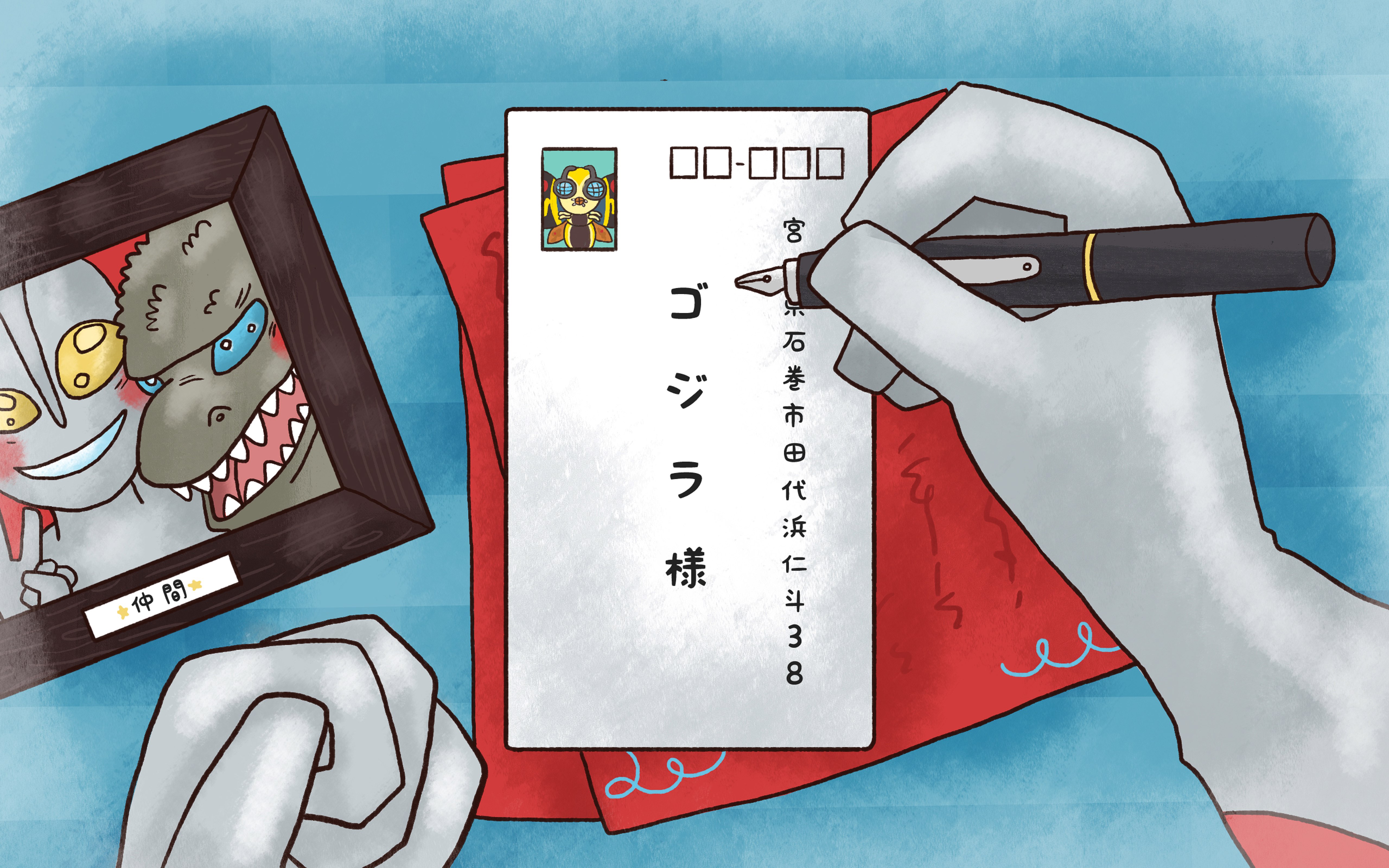


How To Write Letters In Japanese



3 Ways To Say Happy Birthday In Japanese Wikihow



5 Conversational Japanese Phrases And How To Use Them Like A Native Fluentu Japanese



How To Say Have A Good Day In Japanese The Language Quest



Everything About Duolingo Japanese Ultimate Review



19 Different Ways To Say Hello In Japanese Team Japanese



Yoi Ichinichi O In Japanese



Six Ways To Say Happy Birthday In Japanese Step Up Japanese Japanese Lessons In Brighton Hove And Online



How To Introduce Yourself In Japanese 8 Steps With Pictures
:max_bytes(150000):strip_icc()/Konnichiwa-58b8e42b3df78c353c250f3b.jpg)


Good Morning And Other Common Japanese Greetings



19 Different Ways To Say Hello In Japanese Team Japanese
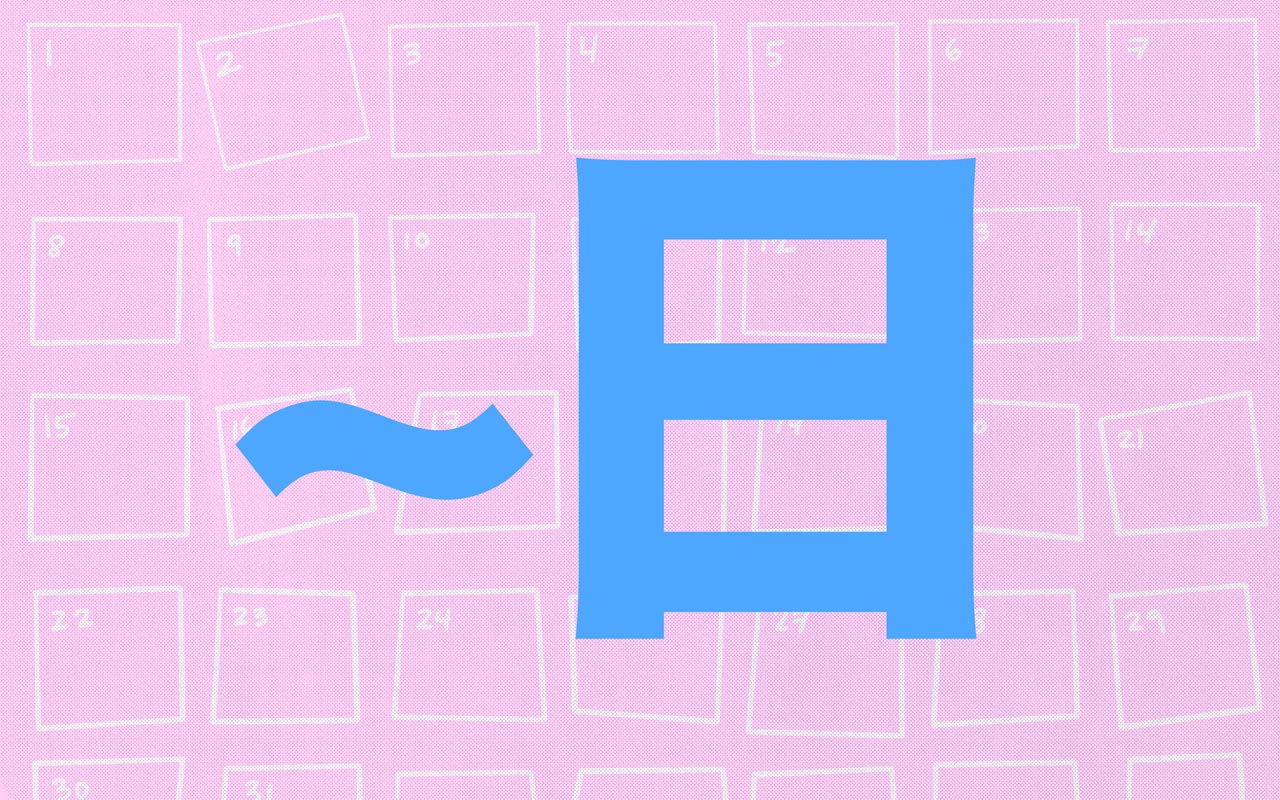


A Guide To The Japanese Counter Ish Word 日 Days



Super Useful Phrases In Japanese For Tourists Free Cheat Sheet



Polite And Useful Japanese Business Phrases Plaza Homes
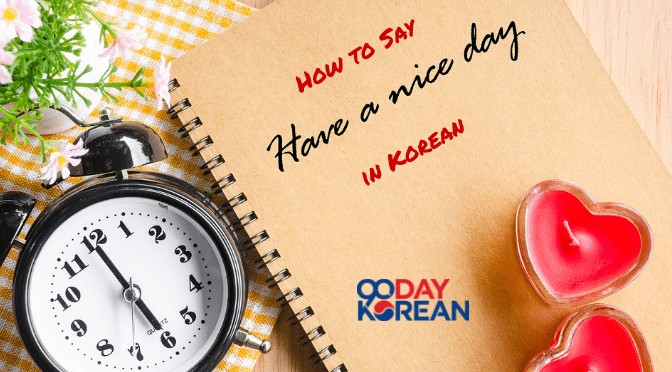


How To Say Have A Nice Day In Korean 잘 보내세요 Jal Bonaeseyo
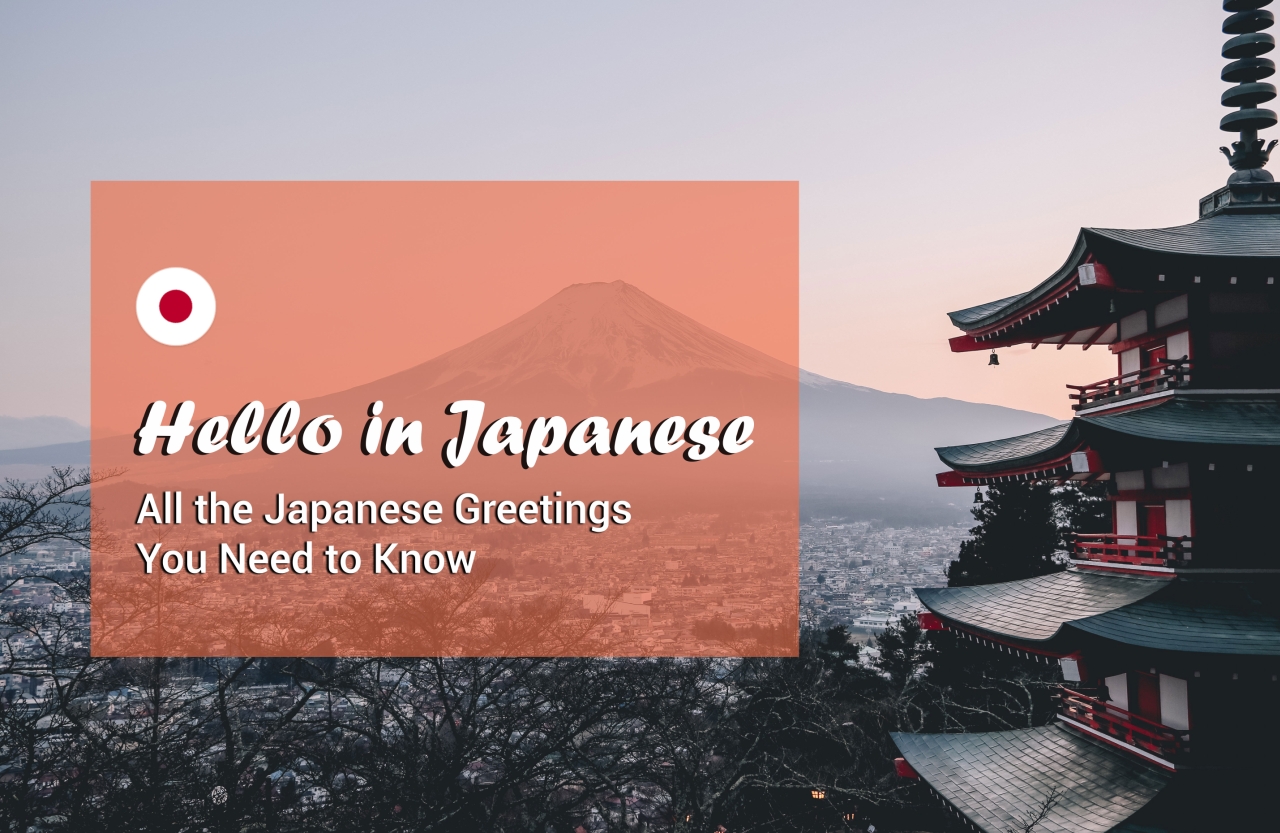


Hello In Japanese All The Japanese Greetings You Need To Know


Have A Nice Day In Japanese Formal
:max_bytes(150000):strip_icc()/how-to-say-hello-in-japanese-1458398_FINAL-5c623513c9e77c0001d322a3.png)


Say Hello In Japanese Basic Greetings How To Bow


How To Say Have A Nice Day In Japanese Quora
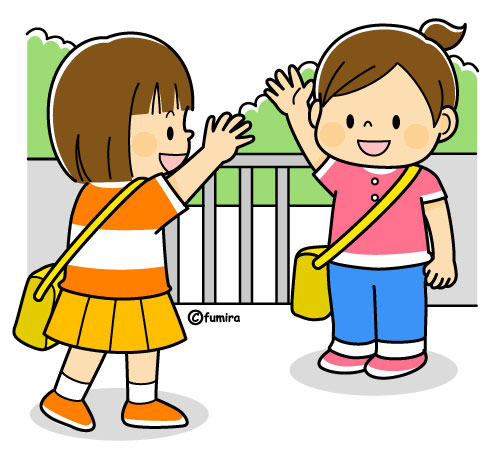


How To Say Have A Good Day In Japanese The Language Quest



How To Say Goodnight In Japanese Oyasumi Oyasuminasai



How To Say Have A Great Day In Japanese 良い一日を Youtube



How To Introduce Yourself In Japanese A Good Place To Start Learning Japanese



150 Japanese Words And Phrases You Need To Start Speaking Now



19 Different Ways To Say Hello In Japanese Team Japanese



22 Korean Phrase Ideas Learn Korean Korean Phrases Korean Words



Six Ways To Say Happy Birthday In Japanese Step Up Japanese Japanese Lessons In Brighton Hove And Online



14 Ways To Say Goodbye In Japanese



Say Hello In Japanese The Right Way Japaneseup



How To Say Good Morning Japanese Lessons Youtube



How To Say Good Morning In Japanese 9 Other Greetings



14 Ways To Say Goodbye In Japanese



How To Say Have A Good Day In Japanese The Language Quest
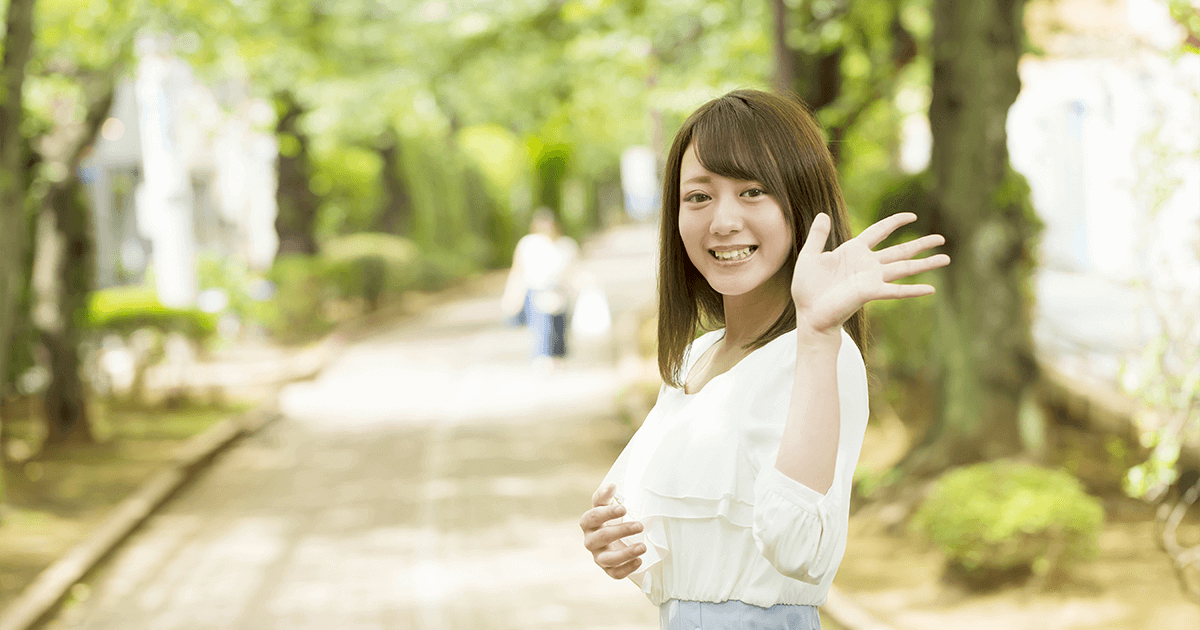


How To Say Have A Good Day In Japanese Learn Japanese Online For Free With Japango



World Order Says It Wants Us All To Have A Nice Day The Japan Times
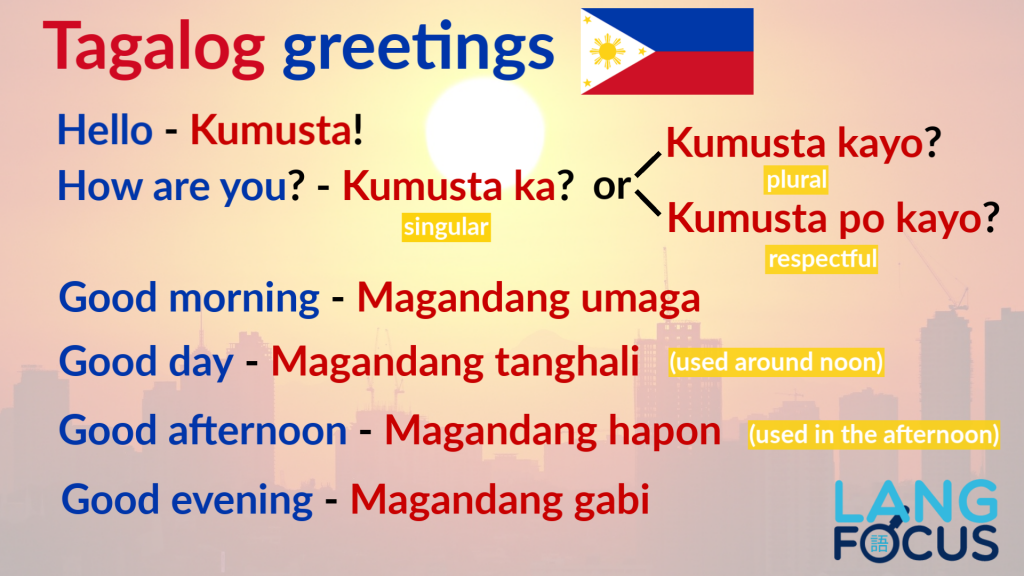


25 Basic alog Phrases And Greetings
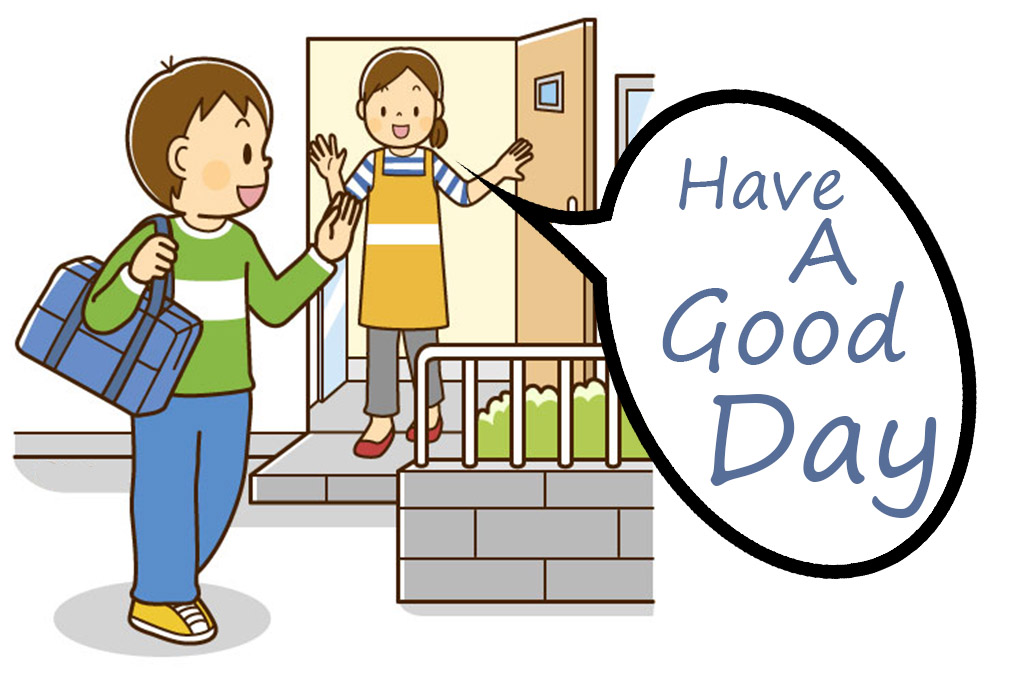


How To Say Have A Good Day In Japanese The Language Quest



Have A Good Day In Japanese Japanese Tactics
/thank-you--have-a-nice-day--1030307712-5c7c3587c9e77c0001e98e9b.jpg)


Yoi Ichinichi O In Japanese
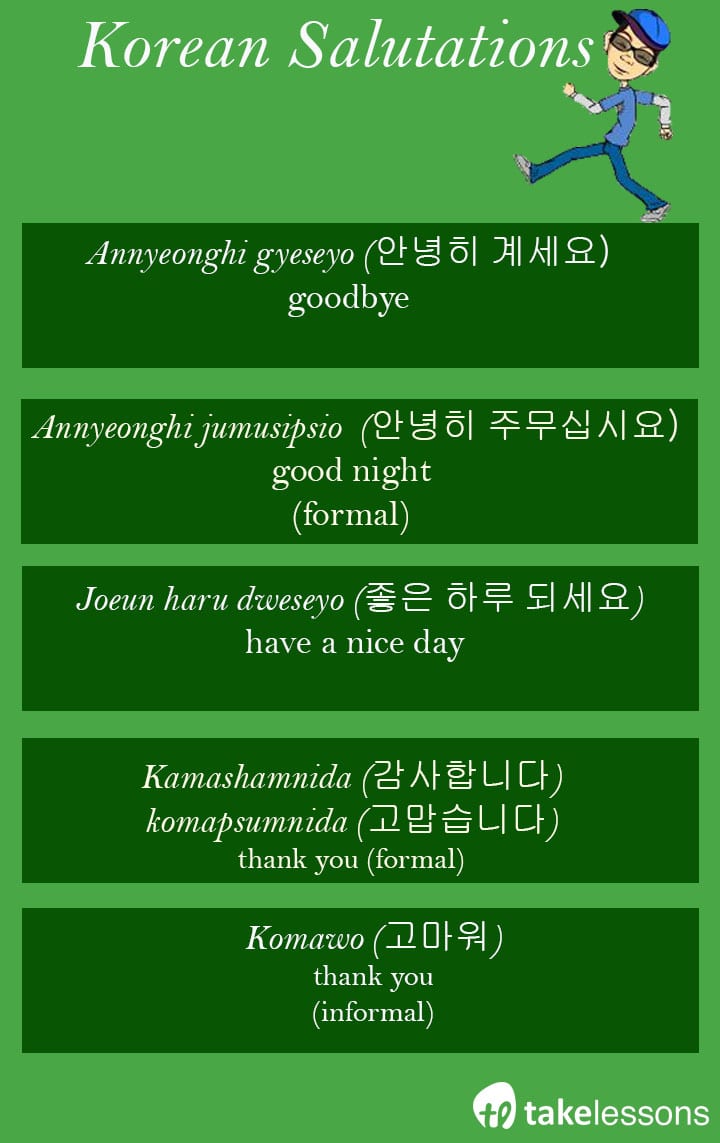


10 Essential Korean Phrases You Should Know
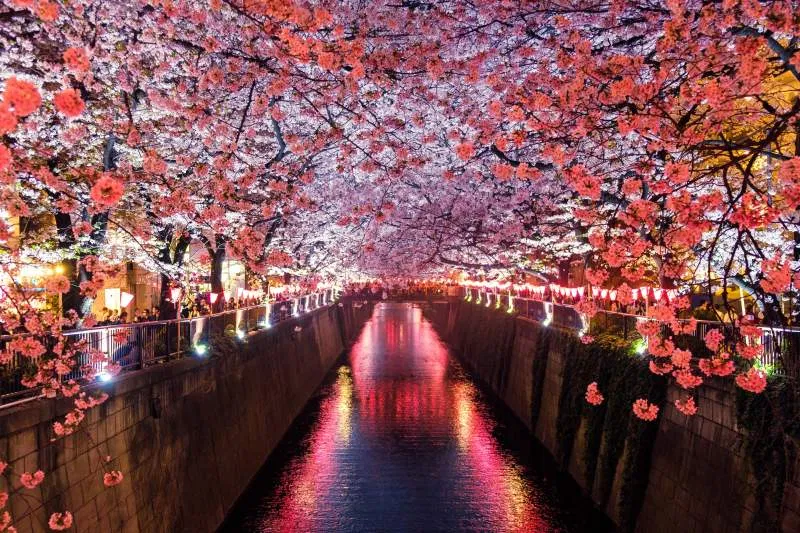


73 Basic Japanese Phrases I Will Teach You A Language



78 Have A Nice Day Ideas Day Good Morning Good Night Beautiful Day Quotes
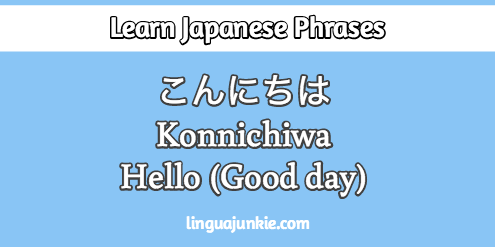


24 Unique Ways To Say Hello In Japanese Audio
/GettyImages-1094991971-5ad4b453eb97de0037116632.jpg)


How To Say Happy New Year In Japanese
/good-morning-58b8e41a3df78c353c250b99.png)


Good Morning And Other Common Japanese Greetings



Super Useful Phrases In Japanese For Tourists Free Cheat Sheet



How To Say Have A Good Day In Japanese The Language Quest
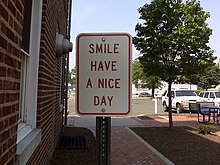


Have A Nice Day Wikipedia



Ns5ivpe48w7rtm



How To Say Have A Good Day In Japanese The Language Quest



Japanese Language Understanding And Intepreting Japanese


How To Say Have A Nice Day In Switzerland Quora



Etiquette In Japan Wikipedia
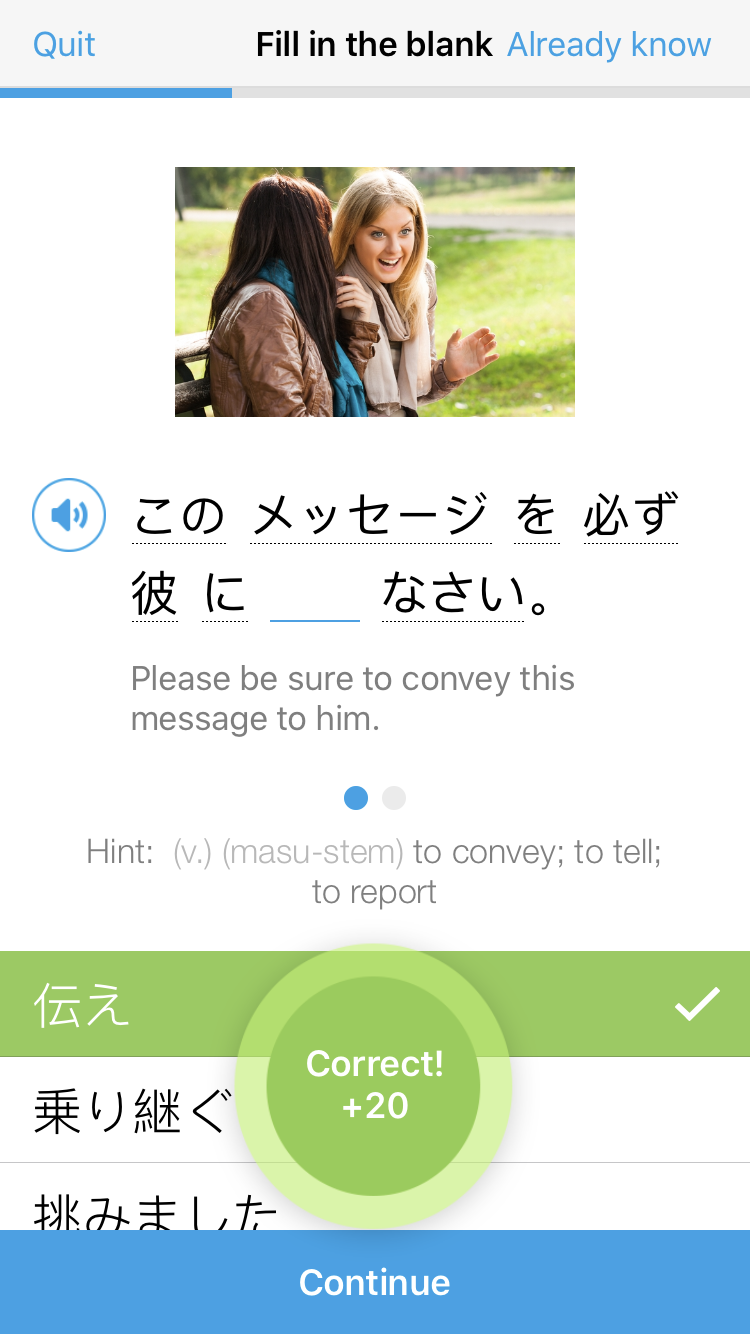


14 Japanese Slang Phrases That Will Make You Sound Badass Fluentu Japanese


Q Tbn And9gcty0oxsuildftmjj Wtpe2i S3dhjryfz Uilraxtioxdcyw4fy Usqp Cau
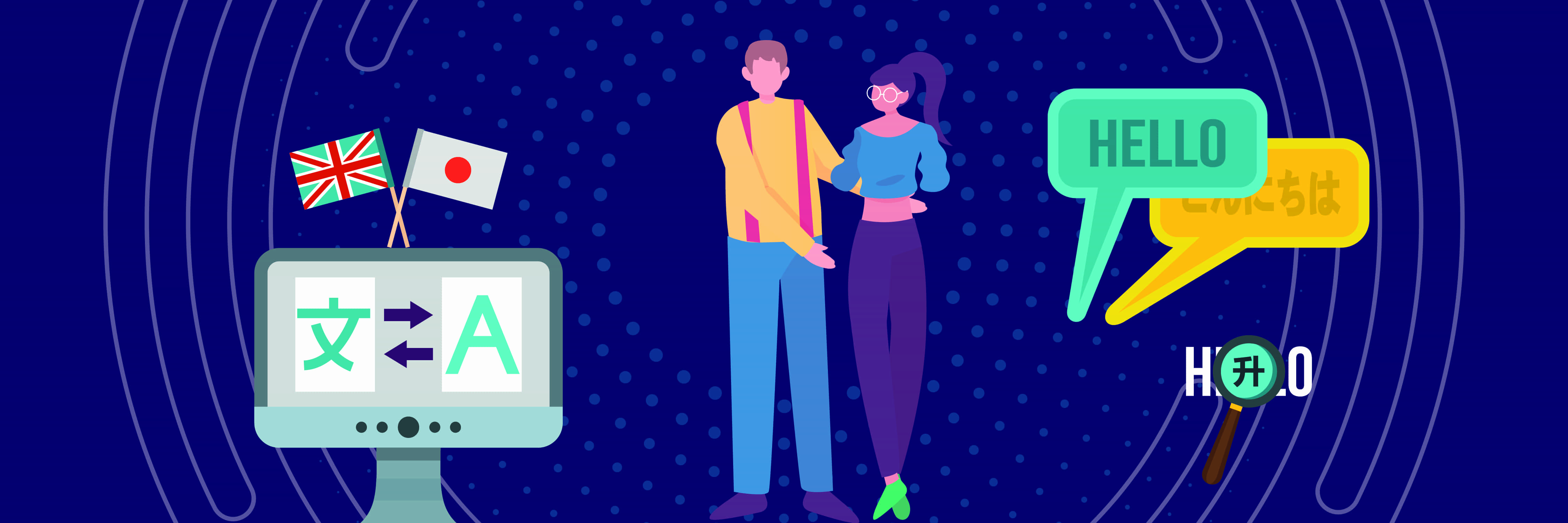


Why Is Translating From Japanese To English So Hard Bunny Studio


Q Tbn And9gcszpfzxvpvg4rqypwu6dzprizdtil8xncw2jax 2acpqwccf D9 Usqp Cau



Popular Japanese Greetings How To Say Good Morning Hello More



Hello In Japanese Starting The Conversation Isn T As Hard As You Think



Japanese Business Phrases At Work お疲れ様です Otsukaresama Desu



Have A Nice Day Wikipedia



How To Say Have A Good Day In Japanese Quora



How To Say Good Luck Or You Can Do It In Japanese Crunchy Nihongo


1



Have A Nice Day Wikipedia
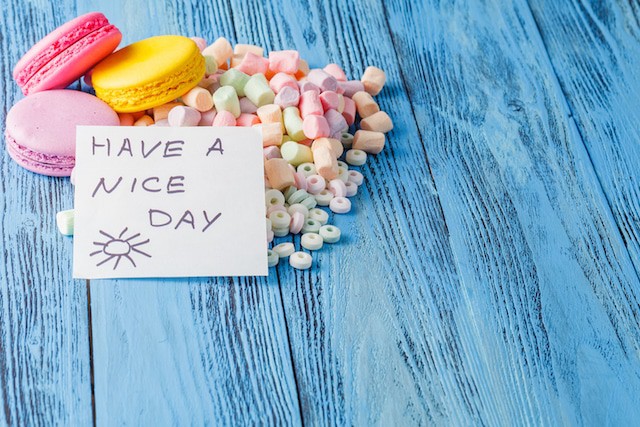


How To Say Have A Nice Day In Korean 잘 보내세요 Jal Bonaeseyo



Hello In Japanese Starting The Conversation Isn T As Hard As You Think



Have A Good Day In German Rosetta Stone



Japanese Greetings Japanese Lessons



How To Say Hello In Japanese Guide To Japanese Greetings



14 Japanese Slang Phrases That Will Make You Sound Badass Fluentu Japanese



How To Say Have A Good Day In Japanese The Language Quest



V J Day History



How To Say Hello Konnichiwa In Japanese Konnichiwa Sounds Awkward



How To Say Have A Good Day In Japanese Quora



Have A Good Day In Japanese Japanese Tactics
/good-morning-58b8e41a3df78c353c250b99.png)


Good Morning And Other Common Japanese Greetings
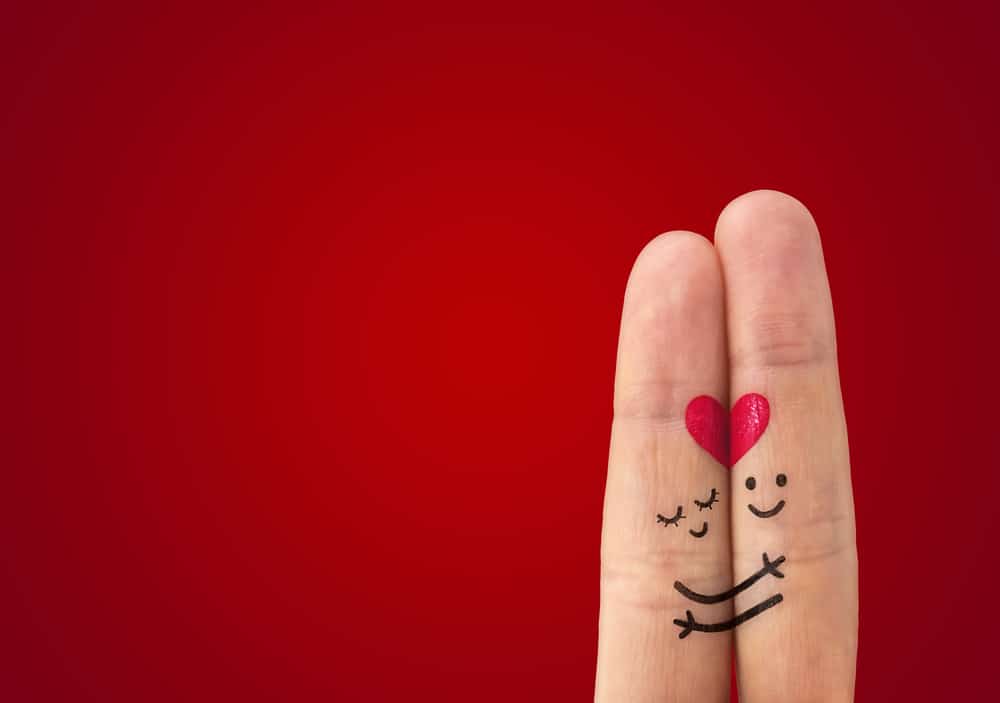


42 Steamy Romantic Japanese Phrases To Get Your Love Game On Fluentu Japanese



7 Japanese Words That Teach Great Customer Service Qminder



Saying Yes In Japanese Illustrated How To Guide And Tips


コメント
コメントを投稿